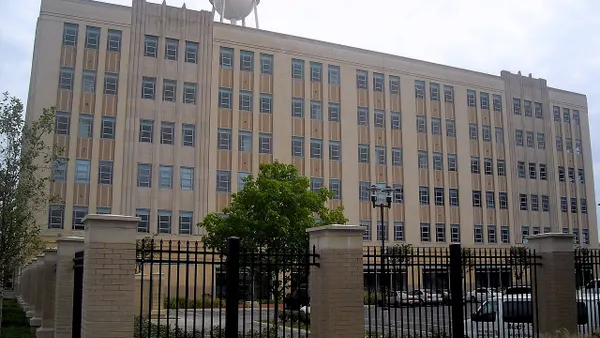Dive Brief:
- Comments made to a professor before her termination did not constitute harassment but rather were "bizarre, nonsensical, or petty" slights, the 6th U.S. Circuit Court of Appeals ruled (Damayanti Banerjee v. The University of Tennessee No. 19-6009 (6th Cir. June 26, 2020)).
- Damayanti Banerjee taught sociology at the University of Tennessee, which denied her tenure and eventually fired her after she failed to publish sufficient academic material for several consecutive years. Banerjee filed suit, claiming harassment, among other things, caused her termination.
- As evidence of harassment, Banerjee recounted two incidents. She claimed an "influential colleague" told her she should focus "on library work or on India, her country of origin, since she was incapable of the depth of understanding of the United States necessary for field work." The same professor, Banerjee alleged, joined another in mocking the accents of their foreign colleagues frequently. These instances lacked the severity and frequency needed to establish harassment under Title VII of the Civil Rights Act of 1964, the court concluded.
Dive Insight:
Harassment is "a form of employment discrimination that violates Title VII," as well as several other federal employment laws, according to the U.S. Equal Employment Opportunity Commission. Harassment can be based on race, sex and a number of other factors, and it's unlawful when a worker must endure it as a condition of employment or when it's "severe or pervasive enough" that it constitutes a hostile work environment, the agency has said in guidance.
The latter requirement imposes a bar that appears in workplace harassment litigation frequently. A "handful of incidents" over several years, for example, did not substantiate a worker's hostile work environment claims, the 4th Circuit ruled last summer. Similarly, the 6th Circuit previously ruled offensive comments from a General Motors supervisor did not rise to the level of harassment.
But workers do not need to prove a workplace "hellish" to establish claims of a hostile work environment, the 7th Circuit has said. While "petty slights, annoyances, and isolated incidents," unless of extreme seriousness, do not create illegal activity, offensive conduct can include jokes, slurs, assaults and intimidation, EEOC said. Earlier this year, the 5th Circuit advanced the claims of an African-American sheet metal worker who alleged he was the target of racial slurs on a near-daily basis.















